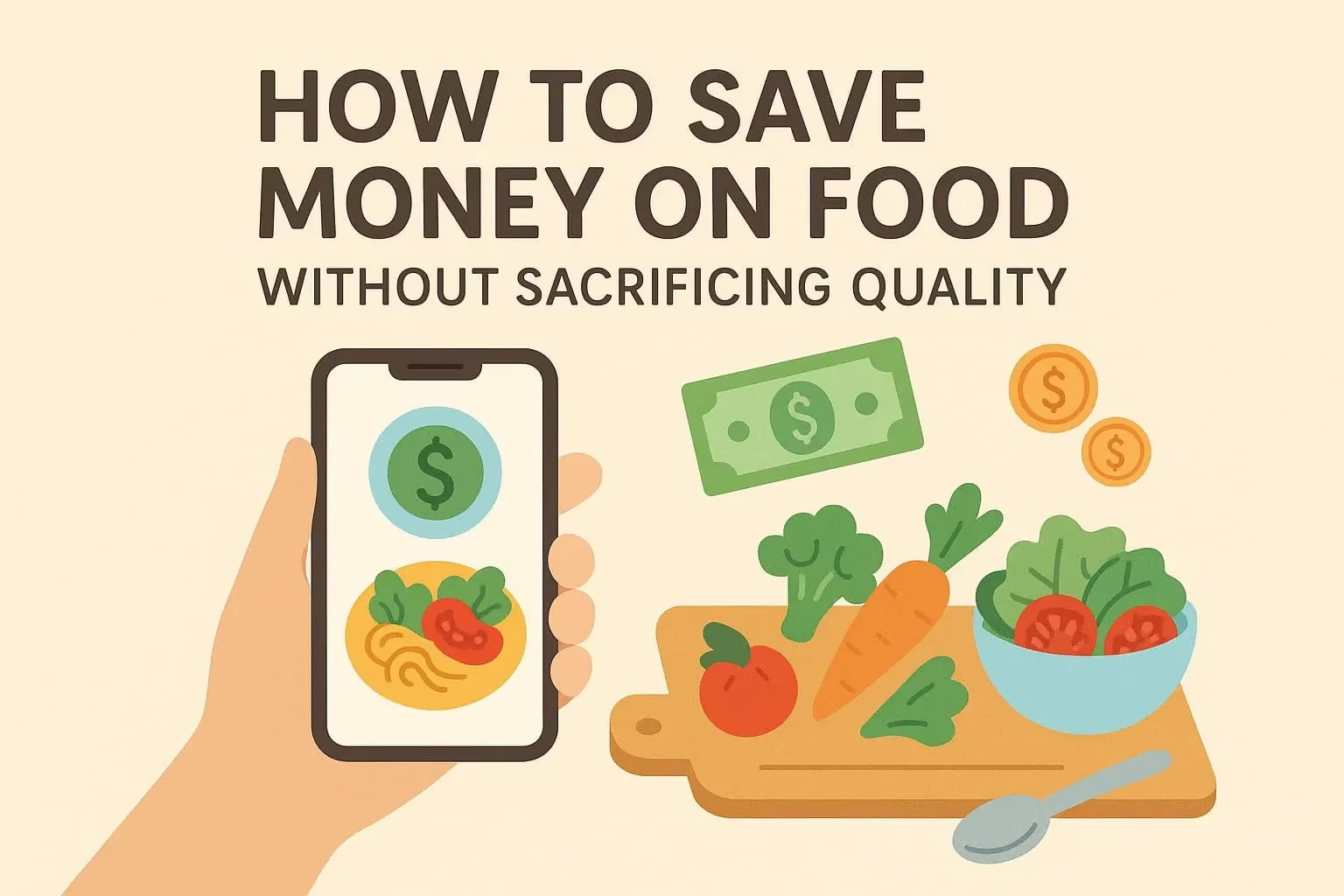In a world where people are often praised for self-sacrifice and constant productivity, the act of prioritizing your own well-being can be misunderstood — even criticized. Many people confuse self-care with selfishness, especially when it means saying no, setting boundaries, or choosing rest over obligation.
But here’s the truth: extreme self-care is not selfish. It’s essential. And understanding this distinction is critical to your emotional, physical, and relational health.
In this article, we’ll unpack the key differences between selfishness and self-care, why the confusion exists, and how embracing extreme self-care can actually make you more compassionate, present, and generous.
Why Self-Care Is Often Misunderstood
From an early age, many of us are conditioned to believe that:
- Putting others first is noble
- Helping people makes you “good”
- Sacrifice equals love
- Rest must be earned
- Saying no is rude or unkind
This conditioning runs deep, especially for people raised in environments that praised people-pleasing and emotional over-functioning. As a result, when you start practicing extreme self-care — choosing rest, protecting your boundaries, or taking time for yourself — you might experience guilt or even judgment from others.
But this reaction says more about cultural programming than your worth or intentions.
The Core Difference Between Self-Care and Selfishness
Let’s define the terms clearly:
Selfishness:
Acting in a way that benefits only you, often at the expense or harm of others. Selfishness is rooted in entitlement, disregard, or control. It ignores the impact on others and lacks empathy.
Extreme Self-Care:
Intentionally prioritizing your own health, energy, and emotional balance, so that you can live from a place of truth, integrity, and generosity. It’s rooted in responsibility and self-respect.
Extreme self-care doesn’t harm others — it helps you show up better in your relationships and responsibilities.
Real-Life Comparison:
| Situation | Selfishness | Extreme Self-Care |
|---|---|---|
| Saying no to an invitation | Ignoring someone rudely | Respectfully declining to recharge |
| Taking time for yourself | Disregarding others’ needs | Honoring your limits with communication |
| Ending a draining conversation | Ghosting without explanation | Clearly stating your need for space |
| Resting instead of helping out | Avoiding all responsibilities | Delegating with honesty and care |
Why You Need to Prioritize Yourself First
Imagine trying to take care of others while you’re deeply exhausted, emotionally depleted, and overwhelmed. What happens?
- You become reactive
- You lose patience
- You build resentment
- You detach or numb out
- You lose your sense of self
When you’re not well, everything suffers — your work, your relationships, your creativity, and your joy.
Extreme self-care allows you to:
- Recharge before burnout hits
- Be fully present when you give
- Set clear expectations
- Love others from overflow, not obligation
It’s not about putting yourself above others — it’s about making sure you’re included in the care you offer to the world.
How Guilt Plays a Role (And Why You Should Let It Go)
One of the biggest roadblocks to practicing extreme self-care is guilt — that nagging voice that says:
- “You’re being selfish.”
- “You should be doing more.”
- “People will think you don’t care.”
- “You’re not doing enough.”
But guilt is not always a reliable indicator of wrongdoing. Sometimes, it’s just a sign that you’re doing something new — something that breaks away from harmful patterns or generational beliefs.
How to Respond to Guilt:
- Acknowledge it: “I feel guilty, but that doesn’t mean I’m doing something wrong.”
- Reframe it: “I’m choosing rest so I can be well — not because I don’t care.”
- Release it: “I don’t need to suffer to prove my value.”
How Extreme Self-Care Benefits Others Too
It might seem counterintuitive, but when you take better care of yourself, everyone around you benefits. You become:
- More emotionally regulated
- More available to listen and connect
- Less resentful and reactive
- More clear about what you can and cannot do
- A model for healthy boundaries
In fact, by honoring your needs, you give others permission to do the same. You help build a culture where rest, emotional honesty, and balance are seen as strengths — not weaknesses.
What Extreme Self-Care Looks Like in Practice
Extreme self-care isn’t glamorous. It’s not always fun. Sometimes, it looks like:
- Canceling a plan to protect your energy
- Taking a nap instead of pushing through
- Having a hard conversation instead of avoiding it
- Unfollowing people who drain your energy
- Going to bed early instead of finishing one more task
- Eating a real meal instead of skipping lunch
These are not selfish acts. These are acts of responsibility — toward yourself and the people who rely on you.
Rewriting the Narrative: It’s Okay to Put Yourself First
Putting yourself first doesn’t mean others don’t matter. It means you understand that you matter too.
Your needs and limits are not flaws. Your desire for well-being is not weakness. You do not exist to exhaust yourself serving others, nor to prove yourself through relentless effort. You are here to live fully, in peace and joy.
Final Thought: You Are Worthy of Care, Without Earning It
You don’t need permission to rest or to explain your boundaries. You don’t need to justify why you’re saying no.
Extreme self-care is not about taking from others — it’s about coming back to yourself. It’s a declaration that your health, energy, and spirit deserve the same compassion you so freely give to others.
So go ahead. Rest. Say no. Choose quiet. Walk away from chaos. Turn inward. Refill your cup.
And when someone tells you that’s selfish?
Smile gently, and say, “It’s self-respect.”






